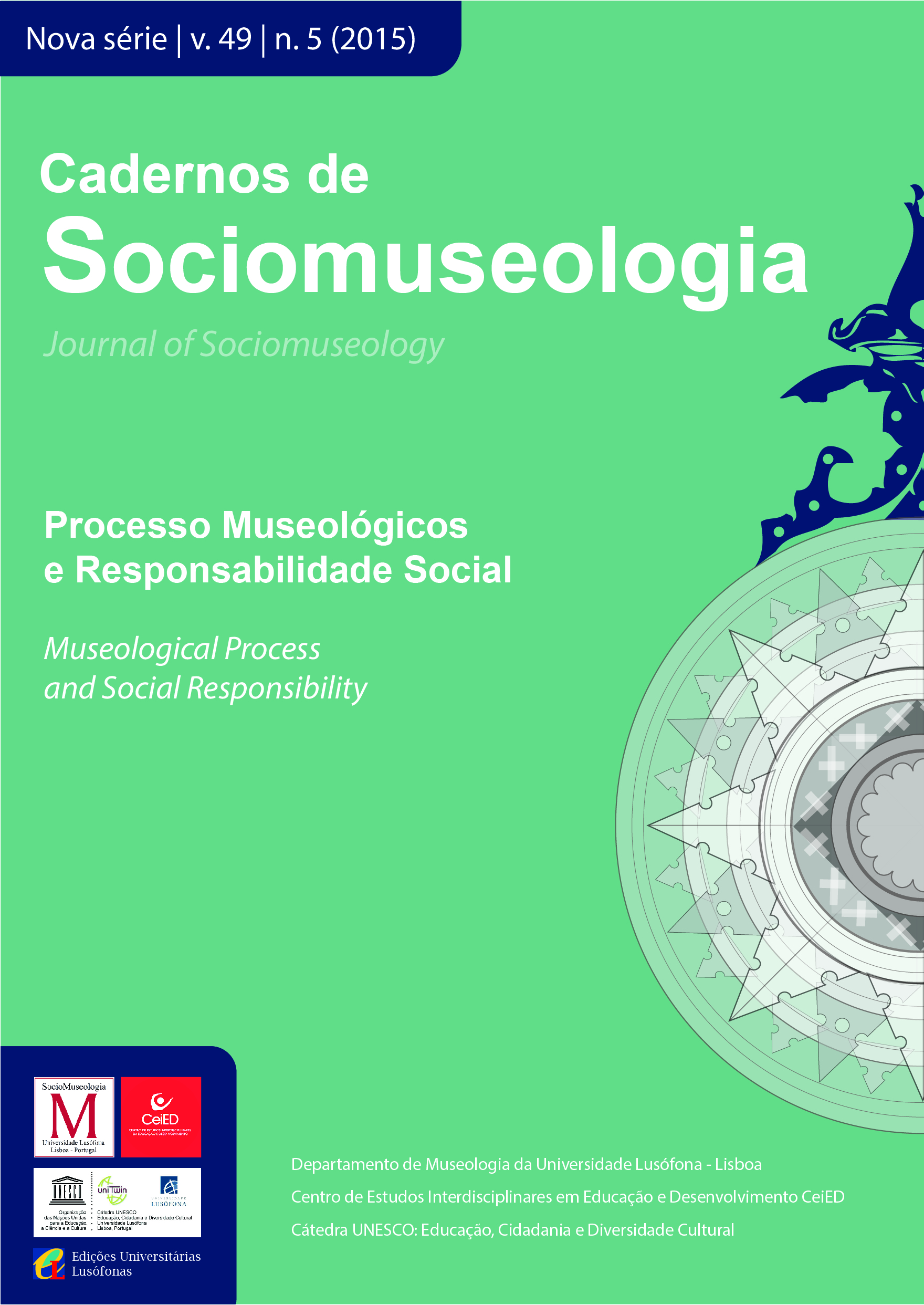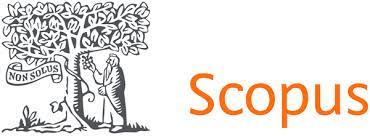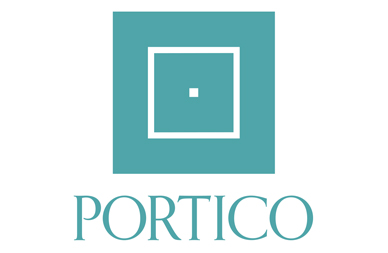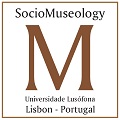Whole-Transdisciplinary Sustainability as Sociomuseology. Tension in urbanization/removal in the Santa Marta favela, Rio de Janeiro
Abstract
This research analyzes the Santa Marta slum’s urbanization/removal process, in Botafogo, Rio de Janeiro’s neighborhood, from the “Whole-Transdisciplinary Sustainability” theory as Sociomuseology. The referential has been built showing the ‘creative tension of sense’ in Oral History, Memory, Ecomuseology and New Museology. This theoretical approach was important because the urbanization/removal revealed a similar tension between local community and government relation. The neighborhood residents claimed identity participation and preservation, once constructed in the relation with the territory significance. On the other hand, the government had proposed an effective-in-city urbanization model that included the residents’ removal from a historical part of the slum using a hazard report of the area.
Therefore, initially, the ‘tension’ contexts in the Oral History, Memory, Ecomuseology and New Museology had been researched. Thus, the ‘Whole-Transdisciplinary Sustainability’ theory was constructed. Second, the residents’ testimonies and the government’s urbanization/removal arguments were presented. At last, the participation as a new city equitable construction form uniting the local community and the government goals was demonstrated. In Santa Marta slum, the ecomuseum might exercise an important role to the community participation within the urbanization process and the “Whole-Transdisciplinary Sustainability” theory would reveal the tension between the parts in it. Therewith, the local leaderships would work for the development do not become violence against dignity, patrimony, cultural heritage and memory.
Keywords: ‘Whole-Transdisciplinary Sustainability’, Sociomuseology, New Museology, Urbanization/Removal, Santa Marta Favela
Downloads
Authors retain copyright and grant the journal right of first publication with the work simultaneously licensed under aCreative Commons Attribution License that allows others to share the work with an acknowledgement of the work's authorship and initial publication in this journal.













